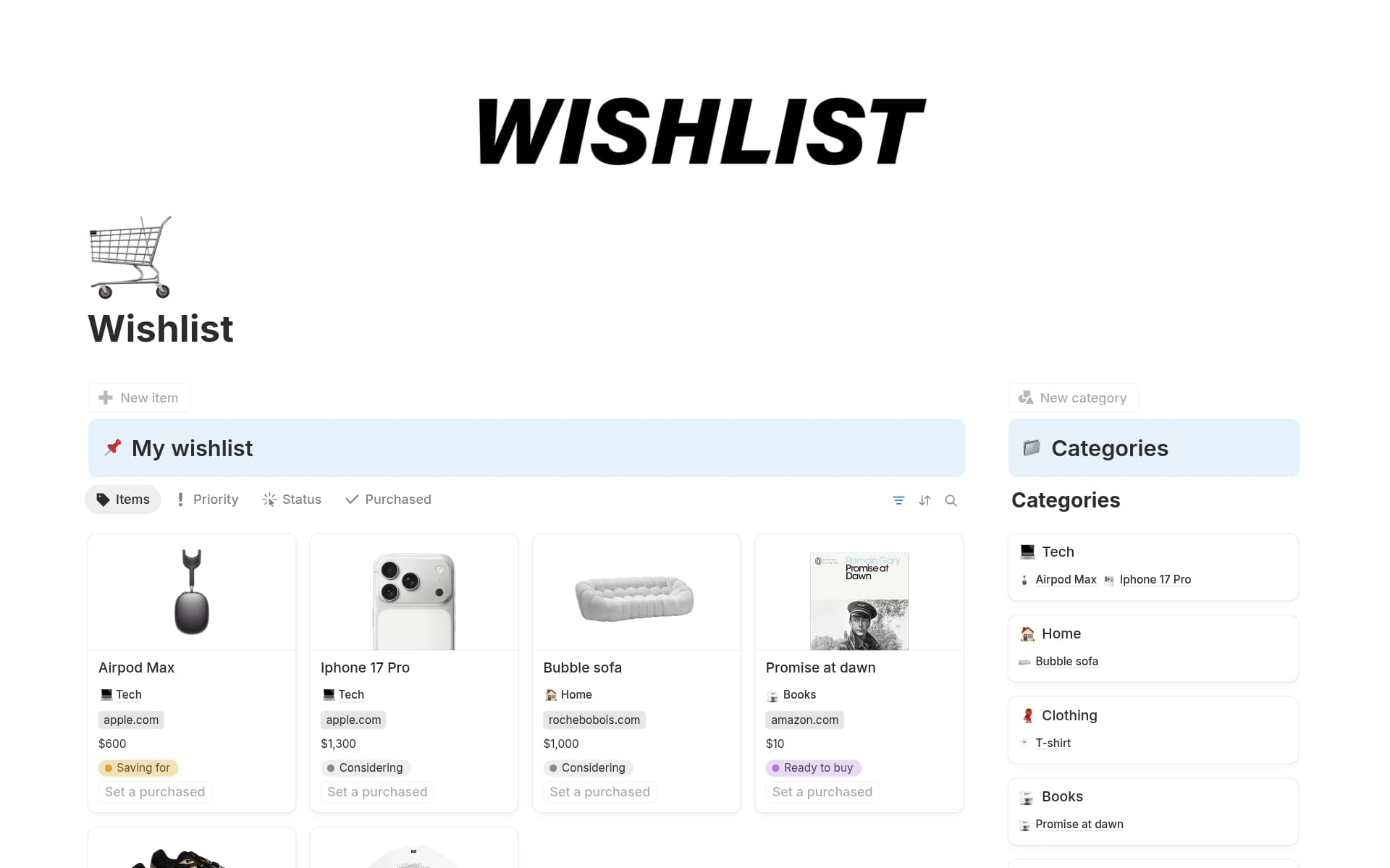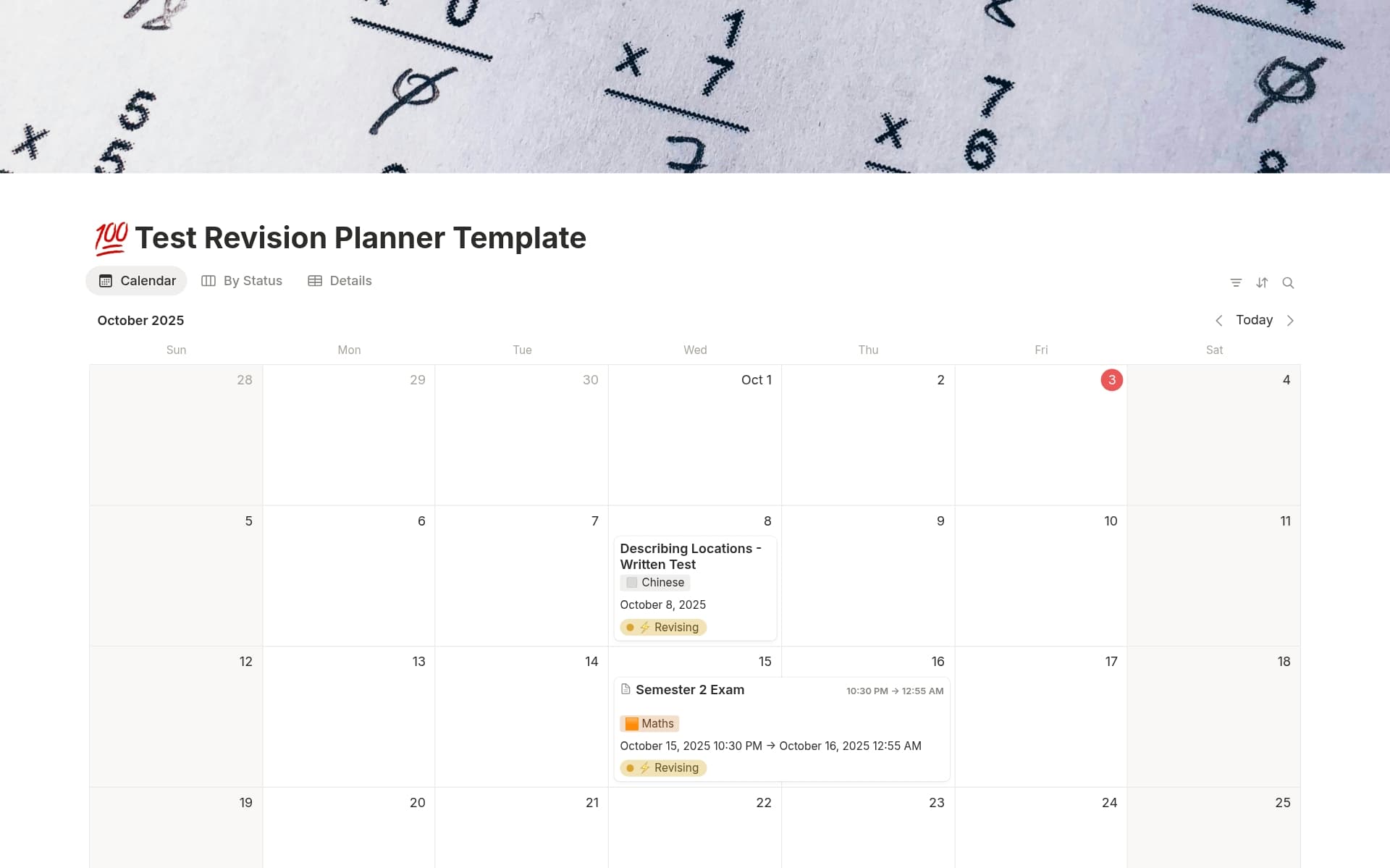For Talent Acquisition Specialists, guiding candidates through the interview process is key to identifying the best fit for a role and ensuring a positive candidate experience. An Interview Guide template can streamline this procedure, ensuring that every interview covers essential topics, maintains consistency across candidates, and supports decision-making with structured feedback. Before sketching out your own Interview Guide template, you might want to explore these carefully selected Interview Guide examples to simplify and enhance your process.
What Should Interview Guide Templates Include?
Choosing the right Interview Guide Template can streamline the interview process and ensure consistency in candidate evaluation. Here are key components to look for in a high-quality template:
Structured Question Sections: A good template should have predefined sections for different types of questions (behavioral, technical, situational) to cover all relevant aspects of the candidate's experience and skills.
Scoring System: Look for templates that include a clear, easy-to-use scoring system to help interviewers evaluate candidates objectively and maintain consistency across different interviews.
Interviewer Instructions: Templates should provide guidelines or tips for the interviewers on how to use the template effectively, including how to phrase questions and interpret responses.
Room for Notes: Adequate space for taking detailed notes is crucial. This helps interviewers capture insights during the conversation that might be pivotal in the decision-making process.
Ultimately, a well-designed Interview Guide Template not only aids in assessing candidates but also enhances the overall efficiency of the recruitment process.
What Should Interview Guide Templates Avoid?
Choosing the right interview guide template is crucial for streamlining the recruitment process effectively. However, certain elements can detract from the template's utility and should be avoided.
Overly Rigid Structures: Templates that do not allow customization can hinder the interviewer's ability to probe deeper based on the candidate's responses. Flexibility is key.
Irrelevant Competency Questions: Avoid templates that include generic questions not tailored to the specific role. Relevance to the job is crucial for assessing candidate suitability.
Excessive Length: Lengthy templates can be overwhelming and may not keep candidates engaged. Conciseness keeps the interview focused and respects everyone's time.
Ultimately, the best templates are those that balance structure with the flexibility to adapt to individual candidates, ensuring a thorough and efficient interview process.




